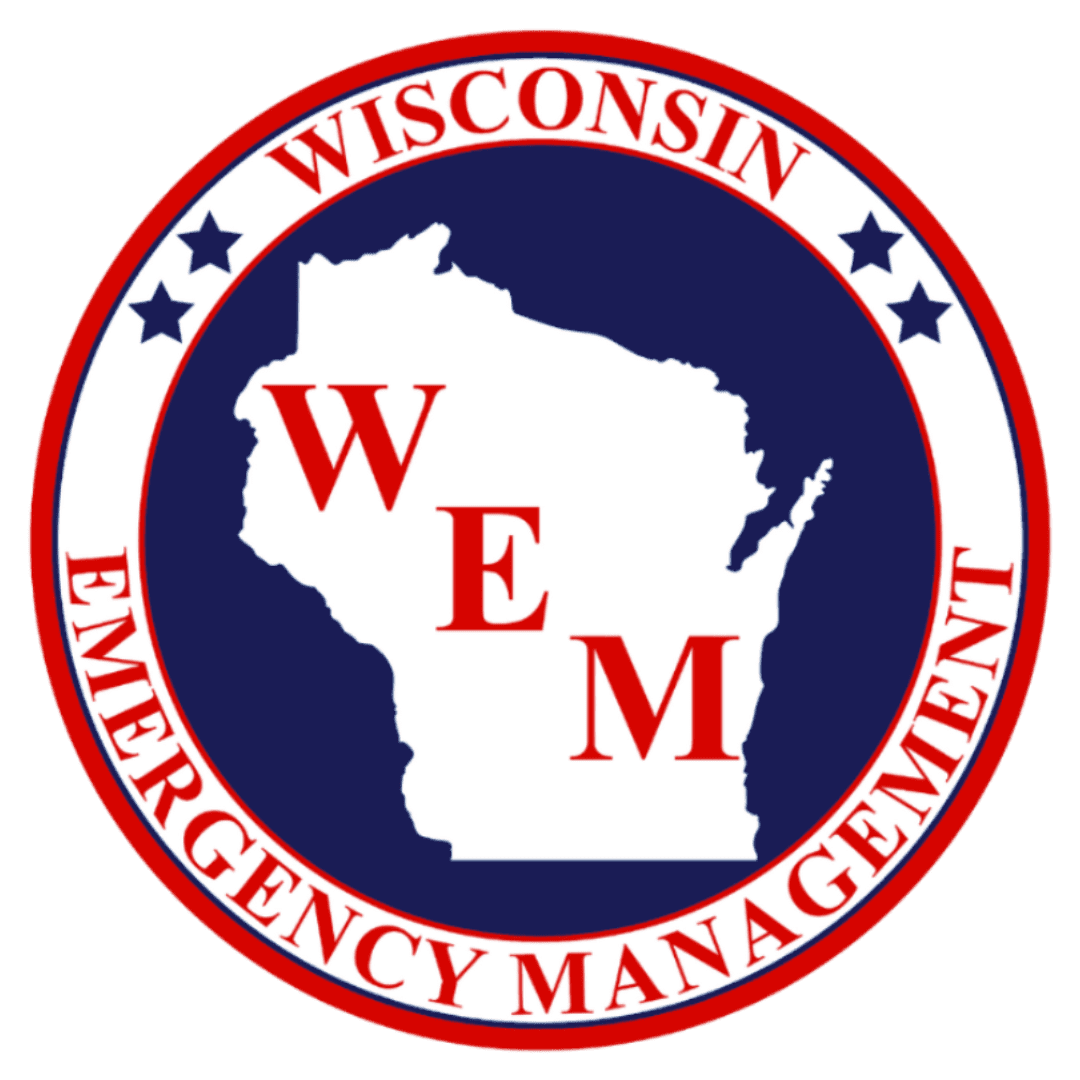The Wisconsin Department of Agriculture, Trade, and Consumer Protection (DATCP) announced on March 14, 2022, a confirmed case of highly pathogenic avian influenza (HPAI) in a commercial poultry flock in Jefferson County. It is the first confirmed case of HPAI in Wisconsin since 2015.
DATCP is the lead state agency responding to HPAI. More can be found on their incident page: https://datcp.wi.gov/Pages/Programs_Services/HPAIWisconsin.aspx
According to the U.S. Centers for Disease Control and Prevention, HPAI does not present an immediate public health concern and no human cases of avian influenza have been found in the United States. HPAI also does not pose a food safety risk; properly handling and cooking poultry and eggs to an internal temperature of 165˚F kills the virus.
HPAI is a serious disease and requires rapid response because it is highly contagious and deadly. It infects domestic poultry, such as chickens, turkeys, pheasants, quail, ducks, geese, and wild birds, particularly waterfowl.
Migratory waterfowl can introduce the disease to U.S. poultry. Once introduced, HPAI spreads from bird to bird by direct contact or through contact with contaminated manure, equipment, vehicles, crates, and the clothing or shoes of people who have come in contact with the virus.
On March 31, the Wisconsin Department of Natural Resources (DNR) confirmed HPAI was detected in wild birds in multiple counties. More information on those confirmations can be found here: https://dnr.wisconsin.gov/newsroom/release/55376.
Symptoms
Birds infected with the HPAI virus may show one or more of the following signs:
- Sudden death without clinical signs
- Lack of energy and appetite
- Decreased egg production or soft-shelled or misshapen eggs
- Swelling of head, comb, eyelid, wattles, and hocks
- Purple discoloration of wattles, comb, and legs
- Nasal discharge, coughing, and sneezing
- Incoordination
- Diarrhea
To report increased mortality or signs of illness among domestic birds, contact DATCP at (608) 224-4872 (business hours) or (800) 943-0003 (after hours and weekends).
DATCP is the lead state agency responding to HPAI incidents in domestic birds. More information on HPAI in Wisconsin can be found by clicking here.
HPAI Biosecurity and prevention
Established and enforced biosecurity protocols will help prevent the introduction of HPAI. Recommended biosecurity measures include:
- Establishing an “all-in, all-out” flock-management policy
- Protecting against exposure to wild birds or water or ground contaminated by wild birds
- Closing bird areas to nonessential personnel or vehicles
- Providing employees with clean clothing and disinfection facilities and directions for their use
- Thoroughly cleaning and disinfecting equipment and vehicles (including tires and undercarriage) when entering or leaving the farm
- Banning the borrowing or lending of equipment or vehicles
- Banning visits to other poultry farms, exhibitions, fairs, and sales or swap meets (if visits must occur, direct workers to change footwear and clothing on their return)
- Banning bringing birds in slaughter channels back to the farm
Investigating sick or dead wild bird events is an effective tool for early detection of AI outbreaks. If you observe five or more sick or dead birds in one area, please contact your local DNR office.
Health Concerns
The Wisconsin Department of Health Services is actively monitoring for human cases of avian influenza and has plans in place to respond, if necessary. Currently there is no imminent threat to people since there is little evidence of sustained human-to human spread of the H5N1 avian influenza virus.
More information about human health can be found on the Wisconsin Department of Health Services website: https://www.dhs.wisconsin.gov/influenza/avian.htm






